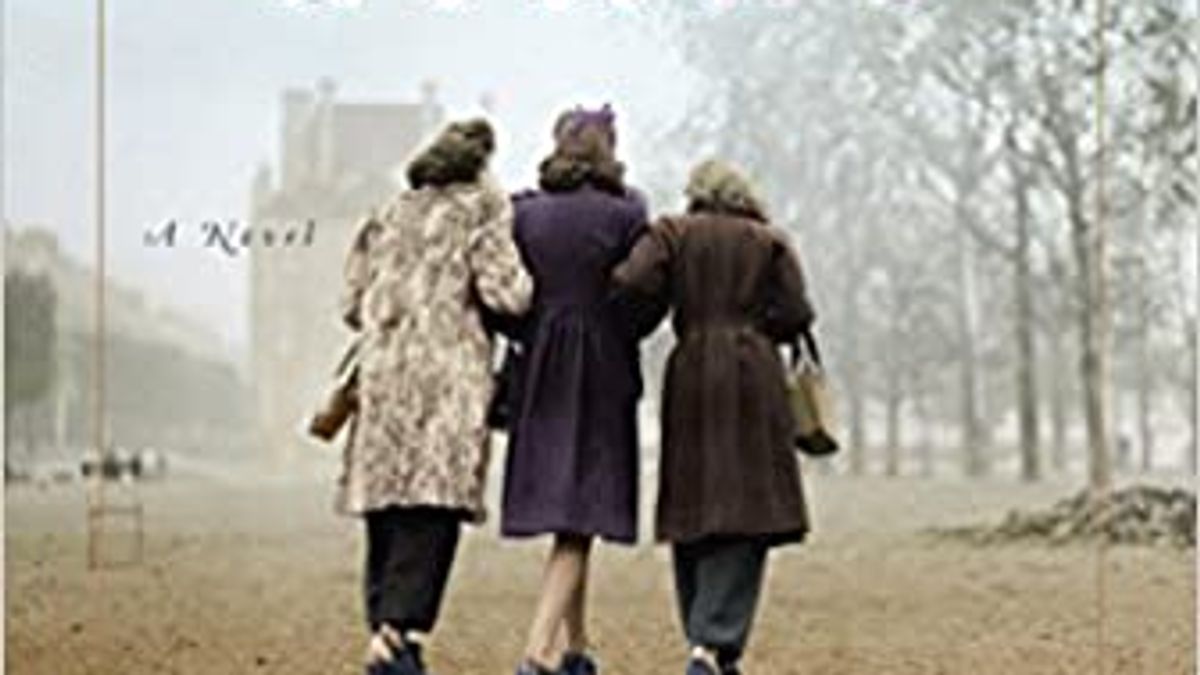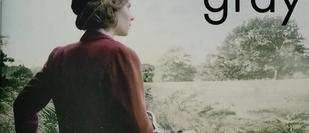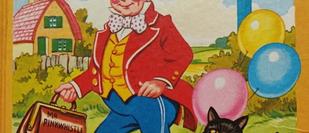
The Lilac Girls by Martha Hall Kelly
Like everyone in the UK, we are currently in lockdown and finding ways to fill our days. One of my most favourite bloggers, Helene in Between, offered to start a book group which sounded like a great idea! We chose the Lilac Girls by Martha Hall Kelly as our first read and one sunny Monday evening had a virtual book group on Zoom. First of all, I must mention the cover which I feel suggests a light touch novel about World War 2. I can tell you this book is so much more.
The novel is told through the eyes of 3 narrators; Caroline, Kasia and Herta. Caroline is an altruistic New York socialite providing aid for French refugees, Kasia lives in Poland and her life is turned upside down with the German occupation of Poland and Herta is a German doctor, who accepts a post at a new 're-education' camp solely for women called Ravensbrück. Each chapter is narrated by one of the women, each with very different voices. Caroline is involved in a passionate affair with a married French actor who chooses to return to France when war breaks out. Kasia becomes involved in the Polish resistance and is captured and taken with her beloved mother and sister to Ravensbrück, where Herta is practising as a Doctor and conducting a number of experiments.
I knew very little about Ravensbrück and the atrocities committed there. The women were experimented on with sulfanilamide which led to either a painful death or leaving them with crippling injuries and pain. These women became known throughout the camp as 'The Rabbit Girls', because they had replaced rabbits in the experiments and due to the injuries which led to them badly limping. Martha Hall Kelly does not shy away from this topic and interestingly narrates from Herta's perspective about this. We learn her motivations and how she justifies to herself the abominable acts she commits.
The novel is a wonderful comment on the human spirit and a person's inherent ability to survive. We see elements of humanity. As the war nears its end and it becomes apparent that the Nazis are beaten, Herta hunts the Rabbit Girls with a view to euthanising them so all evidence of her experimentation is destroyed. The other camp members, keep them safe and in some instances sacrifice their own lives to keep the Rabbit Girls alive and to show to the rest of the world what really happened in the camp.
Caroline's narrative provides a welcome relief from the hard reading of Kasia and Herta's narrative, yet it highlights the atrocities committed in sharp relief. Caroline and Kasia's paths will cross when on learning about the Rabbit Girls, Caroline undertakes to bring them to the US for treatment for their horrific injuries. Caroline learns that a number of the German Doctors who were put on trial have been released early and are living normal lives. She recruits Kasia to locate and identify Herta, who 6 years after the end of the war is practising children's medicine.
Martha Hall Kelly details her inspiration for the Lilac Girls by recounting a visit to the the real life home of Caroline where the garden is filled with beautiful lilac trees. There she was to learn about Caroline and the good works she did as well as the work she did bringing Nazi war criminals to justice. The Rabbit Girls were real and did come to the USA for treatment which Caroline arranged. Kasia and her sister are based on 2 of the Rabbit Girls. Herta is also a real life person. Her motives and direction though have been imagined by Kelly and I did find myself wondering how she justified her experimentation to herself and if they did have a deep down profound effect on her.
This novel is truly wonderful. The narration is fast paced and throughout I felt very invested in the fates of Caroline and Kasia. The importance of this novel must not be underestimated and at times I found myself in tears and so very angry at the atrocities committed. It is not a book I would normally have chosen but I am so very glad I read this. An excellent and important read.



